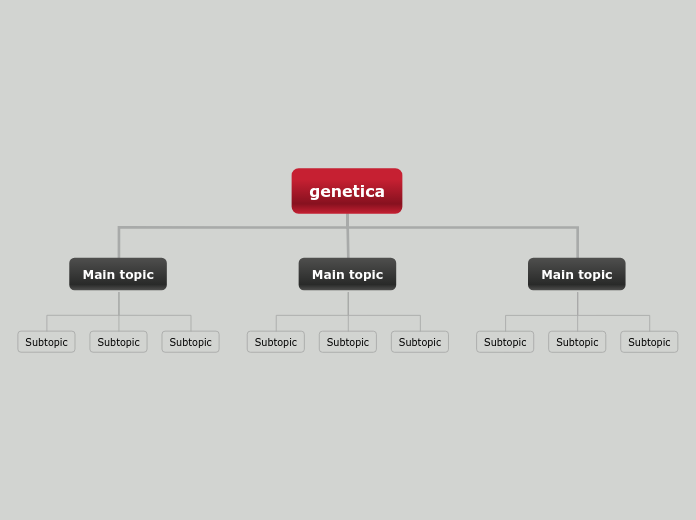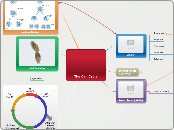por Anson Choong 7 anos atrás
253
Prokaryotes
Prokaryotes, a diverse group of microorganisms, exhibit a range of sizes from the smallest at 0.3 μm to very large ones measuring up to 600 x 80 μm. Their cell walls differ significantly between Gram-positive and Gram-negative bacteria.









